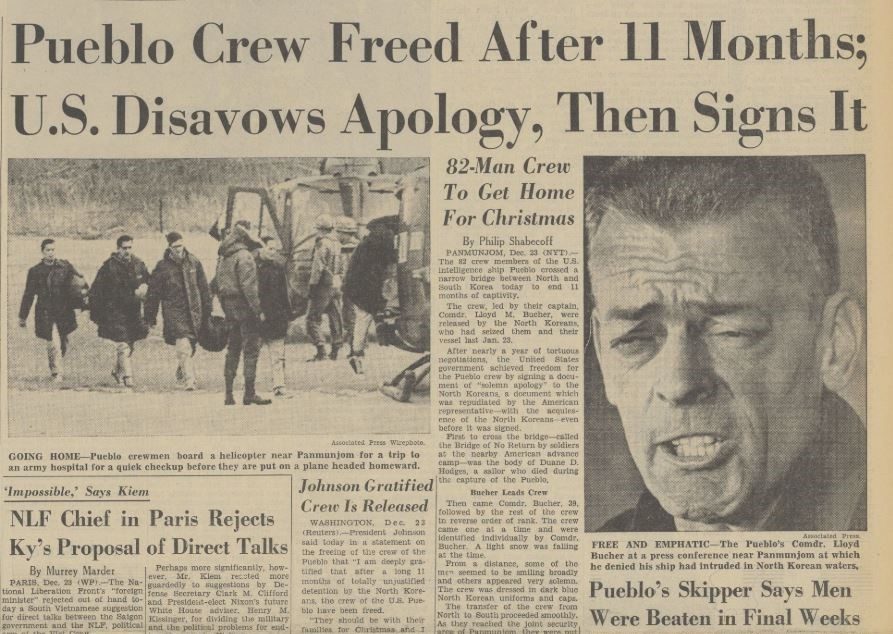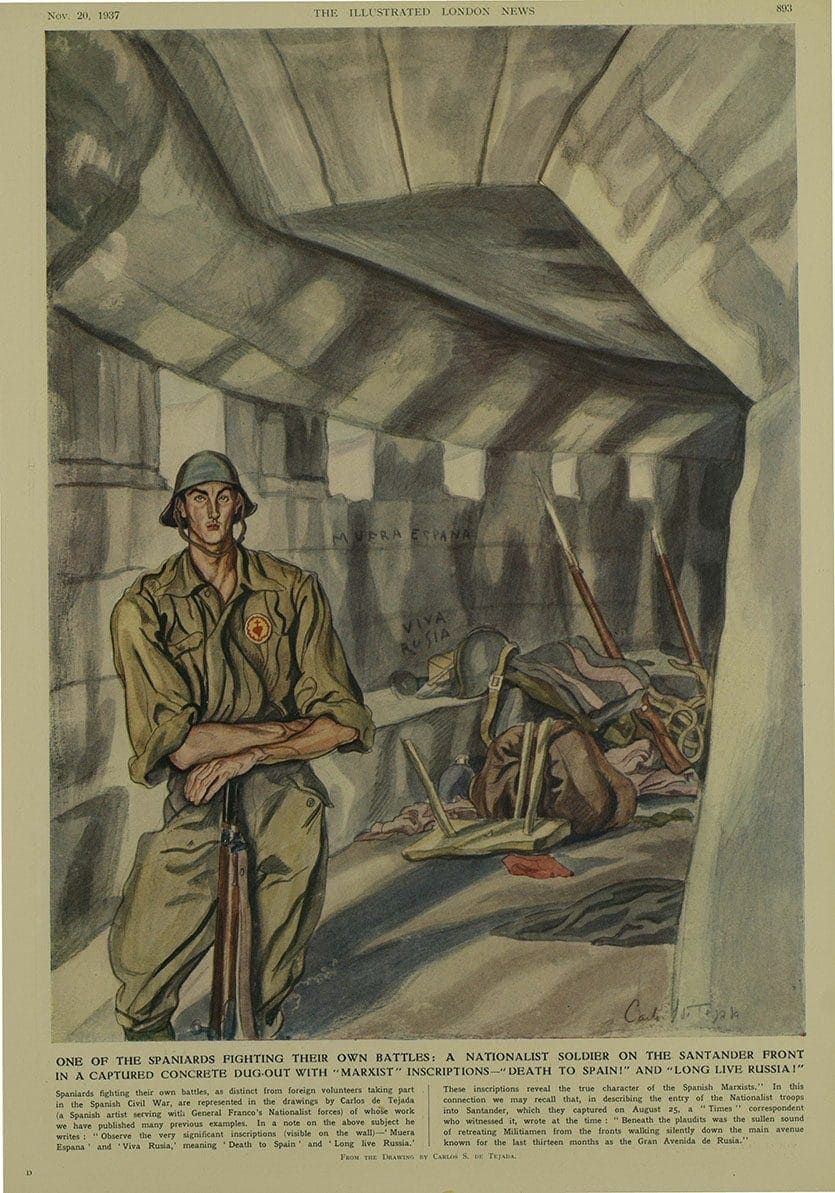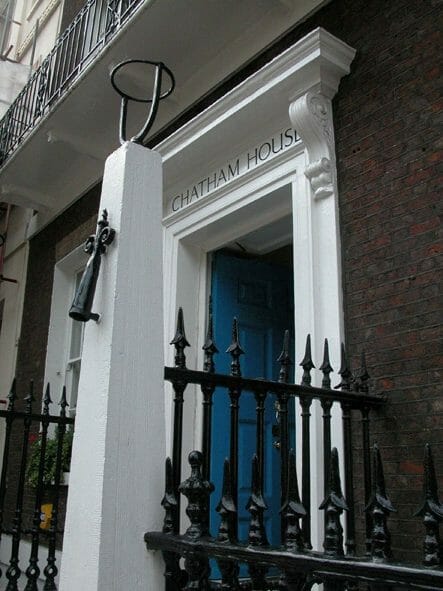“If you fancy a long weekend with a difference,” writes The Times’ travel section of 18 February 2006, “Regent Travel has a five-day break to Pyongyang, North Korea’s highly planned capital”. The article then mentions, as one of the highlights of the tour, that “You’ll also get to board USS Pueblo, the U.S. spy ship captured in 1968.”
Chatham House
Soviets and the Spanish Civil War
By Rory Herbert, Gale Ambassador at the University of Portsmouth
Rafael Merry del Val (1865-1930) remarked in his manuscript on the Spanish Situation, written for Chatham House and accessed via Gale’s online archive, that Lenin viewed Spain as imperative to the eventual success of the Bolshevik revolution [1]. It should come as no surprise then that both prior to and following the outbreak of the civil war, the Soviet Union maintained a great interest in the outcome of this nation.
In or Out? Exploring Britain’s Relationship with Europe using Chatham House Online Archive
Mahatma Ghandi, Winston Churchill, Benazir Bhutto. Three iconic political figures who each touched the lives of scores of people around the world during their illustrious lives. What is perhaps lesser known is that all three feature in Chatham House Online Archive, having contributed in one form or another to the world-renowned UK think tank. Ranked the second most influential think tank globally in 2015, Chatham House has offered the perfect platform for leading thinkers in their fields to voice their thoughts on the international affairs of the day.
As the EU Referendum in the UK draws ever nearer, and the ‘yes’ and ‘no’ campaigns gather pace, I took the opportunity to delve into Chatham House Online Archive; its comprehensive coverage of over 80 years of international affairs includes the last UK referendum in 1975, which saw a two-thirds majority in favour of continued European Economic Community (EEC – the precursor to the EU) membership. Looking at five pieces of content from a range of contributors reveals some intriguing insights, and continuities, which have characterised Britain’s relationship with Europe over the past forty-four years.
Dorothy L. Sayers and The Mysterious English
Dorothy L. Sayers (1893-1957) is probably best remembered for her gripping crime novels, and her creation of the much-loved, aristocratic detective Lord Peter Wimsey. It is perhaps less commonly known that, beyond her carefully-woven fictional tales, Sayers also possessed a keen interest in politics and current affairs. In August 1940, it was this interest that prompted Sayers to deliver a speech at Chatham House, the Royal Institute of International Affairs, in London.
Sayers’ speech was entitled The Mysterious English, and the 15-page transcript has been digitised as part of the Chatham House Online Archive .1 As one would expect, the oration is full of Sayers’ characteristic wit and humour, and the document offers a unique insight into the author’s attitudes and opinions.




